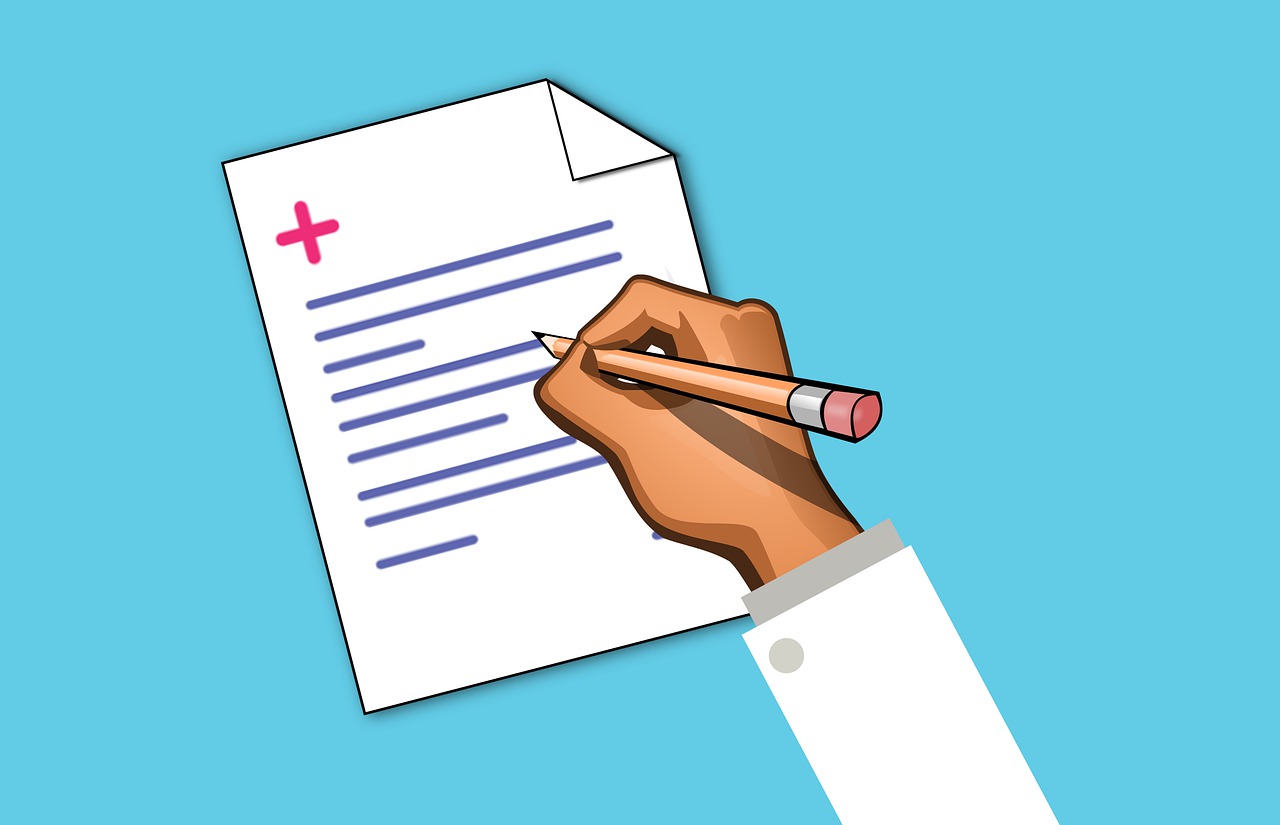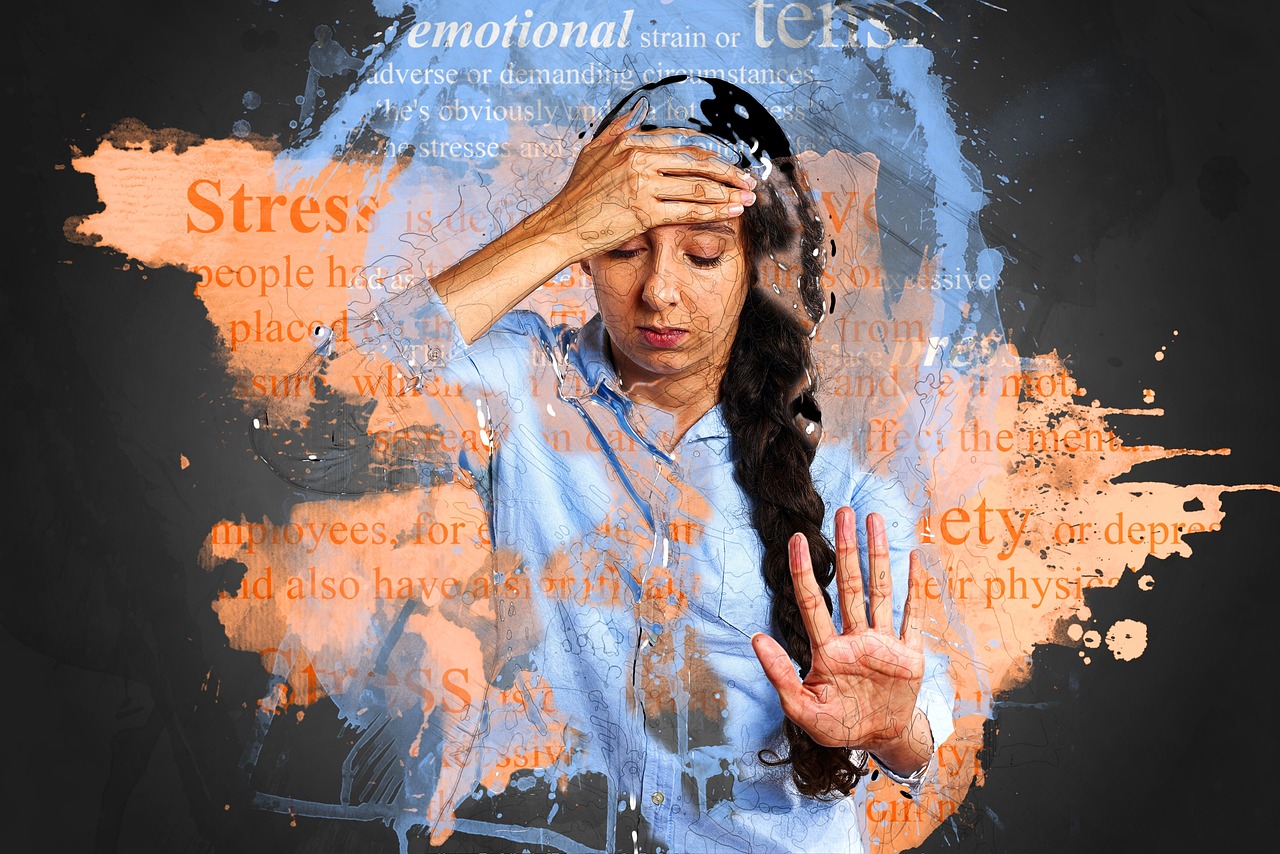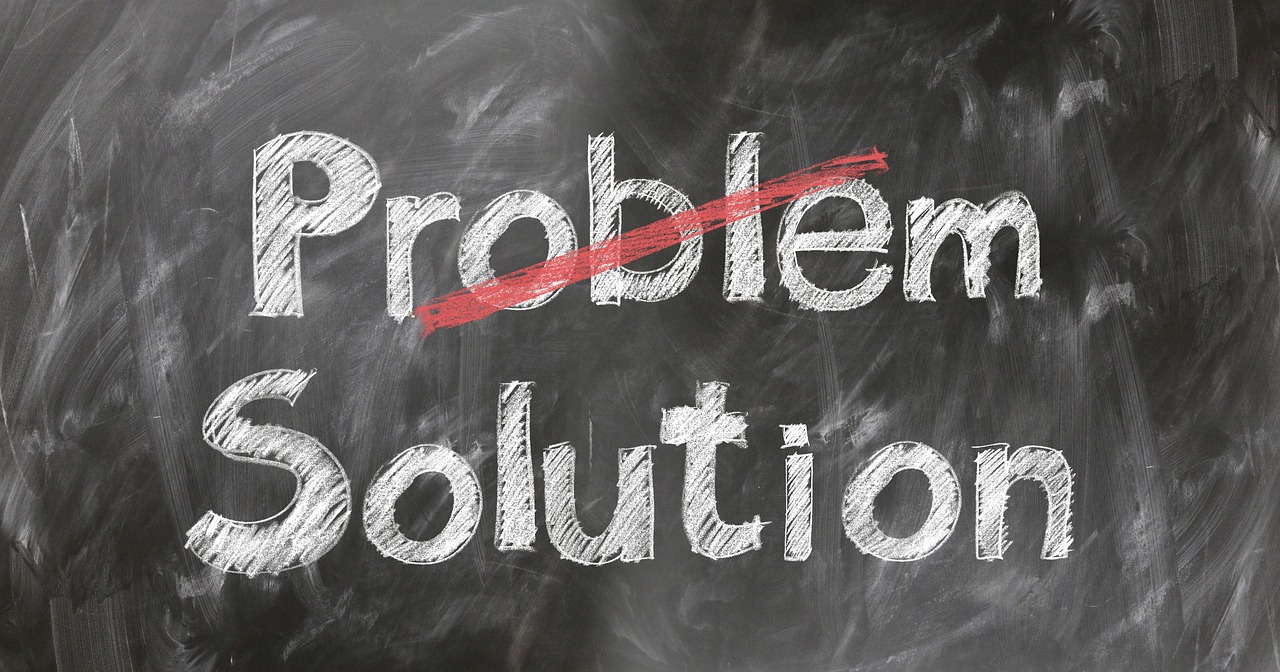Understanding Drug Withdrawal With Psychiatric Medication
Psychiatric medication is a common treatment for a variety of mental health conditions, including depression, anxiety, and bipolar disorder. These medications can be effective in reducing symptoms, but they also come with a range of side effects, including the potential for drug withdrawal.
Drug withdrawal refers to the physical and emotional symptoms that can occur when a person suddenly stops taking a medication they have been using for an extended period of time. While drug withdrawal is a well-known issue with substances like alcohol and opioids, it can also occur with psychiatric medications. In this blog post, we will explore the types of psychiatric medications, the role they play in treatment, and the potential for drug withdrawal. We will also discuss the symptoms of drug withdrawal and how to manage it safely and effectively.
Types of psychiatric medication:
There are several types of psychiatric medication that can be used to treat mental health conditions. These include:
Antidepressants: These medications are used to treat depression and are also sometimes used to treat anxiety disorders and other conditions. Common types of antidepressants include selective serotonin reuptake inhibitors (SSRIs), tricyclic antidepressants (TCAs), and monoamine oxidase inhibitors (MAOIs).
Antipsychotics: These medications are used to treat severe mental health conditions such as schizophrenia, bipolar disorder, and severe depression.
Mood stabilisers: These medications are used to treat mood disorders such as bipolar disorder.
Anxiolytics: These medications are used to treat anxiety disorders. They work by reducing anxiety and other symptoms.

The role of psychiatric medication in treatment:
Psychiatric medication is often used as part of a comprehensive treatment plan for mental health conditions. While medication can be an important tool in managing symptoms, it is not a standalone treatment. If used it should be in conjunction with other therapies, such as cognitive behavioural therapy (CBT), to address the underlying causes of the condition and help the person develop coping strategies.
While medication can be effective in some cases, there are several concerns with its use, including long-term outcome concerns and side-effect tolerability issues. Hence, psychiatric medication should not be used as a first-line treatment choice.
Long-term outcome concerns refer to the effectiveness of psychiatric medication over the long term. While some studies have shown short-term improvements in symptoms with the use of psychiatric medication, the long-term effects are less clear. Moreover, the theory that mental health conditions are caused by a ‘chemical imbalance’ in the brain is a myth and has been debunked by scientific research.
Some research has suggested that the benefits of medication may not be sustained over the long term and may even decrease over time. This raises concerns about the long-term effectiveness of psychiatric medication as a treatment option.
Side-effect tolerability issues refer to the potential for negative side effects with the use of psychiatric medication. These side effects can range from mild to severe and can include physical symptoms such as weight gain, tremors, and sexual dysfunction, as well as emotional symptoms such as apathy and emotional blunting.
Some people may be unable to tolerate these side effects and may need to stop taking the medication, which can lead to the risk of drug withdrawal.
In addition to these concerns, the evidence base for psychiatric drugs is questionable. Many psychiatric medications have been approved for use based on small, short-term studies rather than larger, long-term studies. This raises concerns about the overall effectiveness and safety of these medications.
While psychiatric medication can be an important tool in managing mental health conditions, it should never be used as a first-line option.
There are concerns about the long-term effectiveness and side-effect tolerability of these medications, as well as the questionable evidence base for their use.
It is important to consider all treatment options and to work with a healthcare provider to determine the best course of treatment for your specific needs.

The potential for drug withdrawal with psychiatric medication:
The potential for drug withdrawal with psychiatric medication is a well-known but often overlooked issue. Drug withdrawal occurs when a person suddenly stops taking a medication they have been using for an extended period of time. This can result in physical and emotional symptoms as the body adjusts to the absence of the medication.
While drug withdrawal is a well-known issue with substances like alcohol and opioids, it can also occur with psychiatric medications. This is particularly true for medications that affect the levels of certain chemicals in the brain, such as antidepressants and antipsychotics. It is important to be aware of the potential for drug withdrawal and to discuss it with a healthcare provider before stopping any medication.
The risk of drug withdrawal with psychiatric medication depends on several factors, including the type of medication being taken, the length of time it has been used, and the dosage. Some medications, such as benzodiazepines and antipsychotics, have a higher risk of drug withdrawal than others. It is also more likely to occur with medications that are taken at higher dosages or for longer periods of time.
One of the main concerns with drug withdrawal from psychiatric medication is the potential for relapse of the underlying mental health condition. When a person stops taking a medication that has been helping to manage their symptoms, they may experience a return of those symptoms. This can be particularly concerning for conditions like depression and anxiety, which can have severe consequences if left unmanaged.
It is important to note that drug withdrawal from psychiatric medication is not the same as addiction. Addiction refers to a physical and psychological dependence on a substance that can lead to compulsive use, even in the face of negative consequences. While some psychiatric medications can lead to physical dependence, this does not necessarily mean the person is addicted to the medication. However, it is still important to be aware of the potential for drug withdrawal and to discuss it with a healthcare provider.
Symptoms of drug withdrawal from psychiatric medication:
The symptoms of drug withdrawal from psychiatric medication can vary depending on the medication being taken and the length of time it has been used. Some common symptoms include:
Insomnia or sleep disturbances
Nausea or vomiting
Headaches
Dizziness or light-headedness
Fatigue or weakness
Irritability or agitation
Anxiety or panic attacks
Depression or mood changes
Flu-like symptoms
Sweating
It is important to note that these symptoms can also be symptoms of the underlying mental health condition for which the medication was being taken. It is important to discuss any symptoms you are experiencing with a healthcare provider to determine the cause and the best course of treatment.
In some cases, drug withdrawal from psychiatric medication can be severe and potentially life-threatening. Symptoms such as suicidal thoughts, psychosis, or seizures should be treated as a medical emergency and require immediate attention.
Please note: If you or someone you know is experiencing these symptoms seek help immediately.

Managing drug withdrawal from psychiatric medication:
If you are considering stopping a psychiatric medication or have already stopped taking it, it is important to do so under the guidance of a healthcare provider. They can help you manage the process safely and minimise the risk of withdrawal symptoms.
There are several steps you can take to manage drug withdrawal from psychiatric medication:
Gradually taper off the medication: If you are taking a medication that has the potential for drug withdrawal, it is important to gradually taper off the medication rather than stopping it suddenly.
This can help minimise the risk of withdrawal symptoms and give your body time to adjust to the absence of the medication. Your healthcare provider will be able to provide guidance on the best way to taper off the medication.
Monitor your symptoms: If you are experiencing withdrawal symptoms, it is important to monitor them and report them to your healthcare provider.
They may need to adjust your treatment plan or provide additional support to help you manage the symptoms.
Consider alternative treatments: If you are considering stopping a psychiatric medication, it is important to discuss your options with your healthcare provider. They may recommend alternative treatments, such as therapy or lifestyle changes, to help manage your symptoms.
Conclusion:
Psychiatric medication can be an effective symptomatic treatment for some mental health conditions, but it is important to be aware of the potential for drug withdrawal and dependence.
If you are considering stopping a psychiatric medication or have already stopped taking it, it is important to do so under the guidance of a healthcare provider who is experienced in de-prescribing or tapering medication safely. A specialist provider can help you manage the process safely and minimise the risk of withdrawal symptoms.
By understanding the potential for drug withdrawal and taking steps to manage it, you can effectively manage your mental health and live a healthy and fulfilling life.

